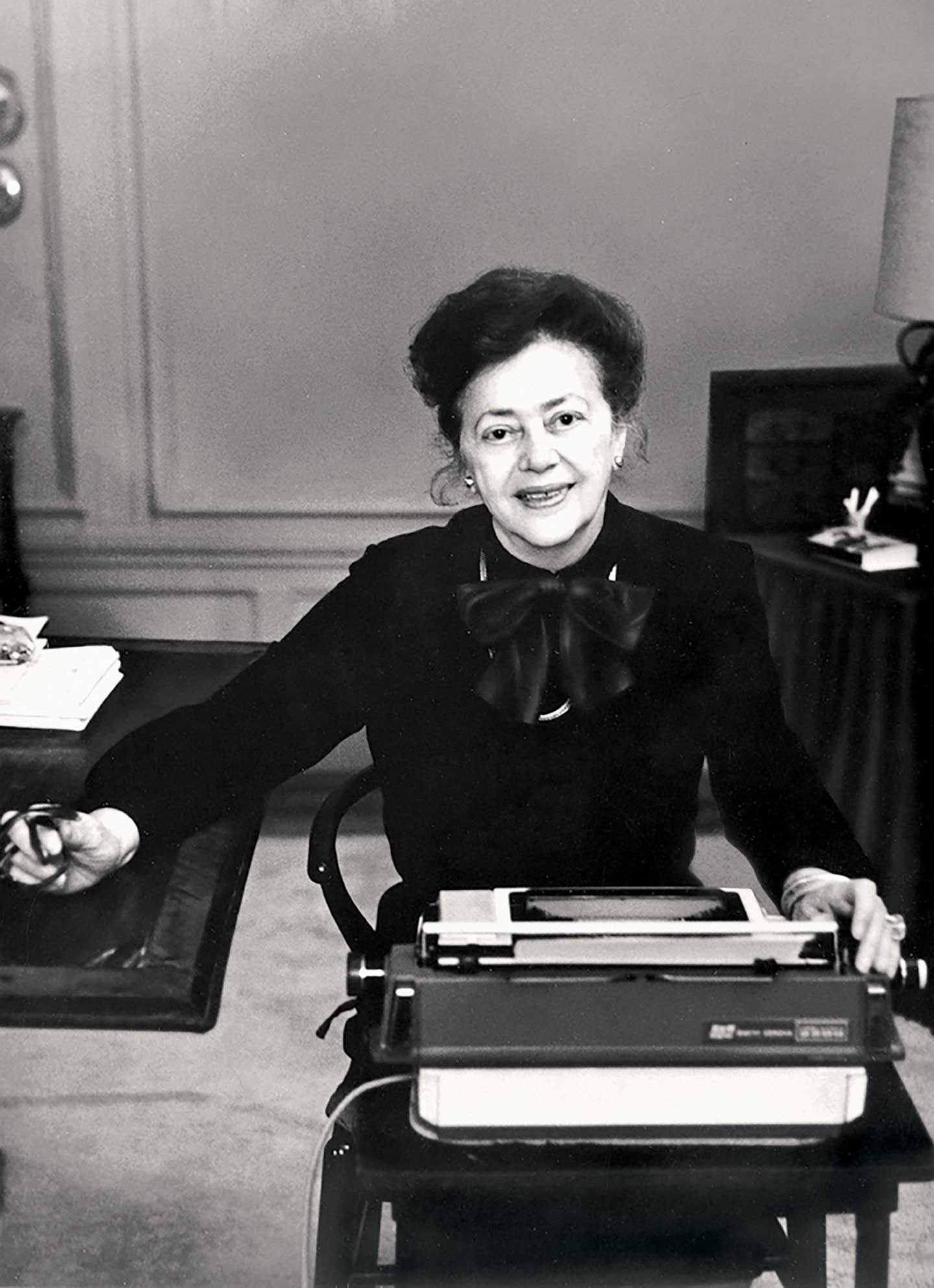by VIVIAN GORNICK
 Literary critic Diana Trilling PHOTO/Thomas Victor
Literary critic Diana Trilling PHOTO/Thomas Victor
To keep up with the New York Intellectuals, Diana Trilling forgot—and forgave—nothing.
In the 1940s and ’50s, when book culture in America was a real presence, Diana Trilling was among the most deliciously feared of literary critics. Today, it is something of a marvel to read her work of those long-ago years. The sheer high-handedness of the writing, exhilarating and exasperating as it is, can still put color in the reader’s cheek. From the get-go, Diana is shaking her finger at her subjects. She has a measuring rod in her head that turns on a strict notion—shades of her husband, Lionel—of the relation between literature and moral responsibility. If, by this standard, the book she is reading is deemed acceptable, it gets a nod of approval; if not, off with its head. One critique—which can stand in for a multitude—branded the book under review “a muddled, pretentious, and vulgar book, to be noticed, in fact, only for its indecency.”
Books, for Diana, were either decent or indecent, vulgar or civilized, responsible or irresponsible. Forget the hundreds of skewered writers who have gone down into oblivion; routinely, she also took apart the likes of John Cheever, Eudora Welty, Evelyn Waugh, Arthur Koestler. Reviewing Truman Capote’s debut novel, Other Voices, Other Rooms, in 1948, she wrote: “I find myself deeply antipathetic to the whole artistic-moral purpose of Mr. Capote’s novel…. I would freely trade 80 percent of his technical virtuosity for 20 percent more value in the uses to which it is put.” As for Virginia Woolf, Diana sadly informed her readers that “we face the fact that Mrs. Woolf’s hand lacks the strength to grip an essential truth.” Diana herself loved to repeat the story of an émigré novelist from Nazi Austria who was said to have remarked that, while he had lost his home, his country, and his language, he had at least had the good fortune not to be reviewed by Diana Trilling.
The woman who wrote those reviews and repeated that story, it will come as no surprise, was herself the victim of an extraordinary capacity for feeling wounded by others. She kept a running score of who admired or scorned her, supported or opposed her, denigrated or celebrated her, and she ascribed all criticism of her work or her person to jealousy or envy. She was also certain that at whatever dinner party to which she had not been invited, there had been someone plotting to take her down. For more than half of her 91 years, she awakened each day to rehearse anew the list of allies and enemies constantly vibrating in her head. Living as she did in an almost entirely male literary world rife with sexism, it is yet hard not to conclude that the shape this life took owed much to the kind of inborn emotional grievance—those narcissistic wounds that never close—that no amount of cultural change can ever do away with.
The Nation for more
